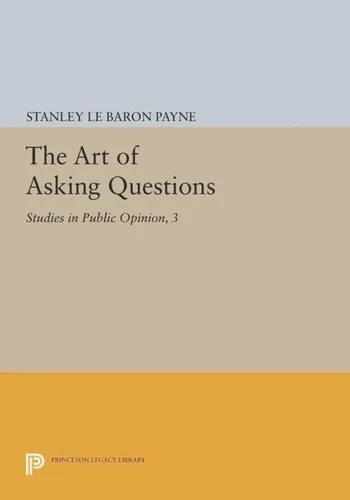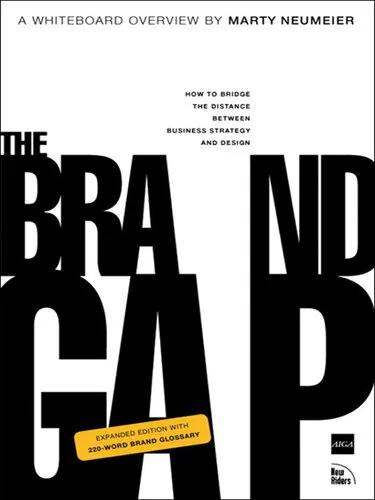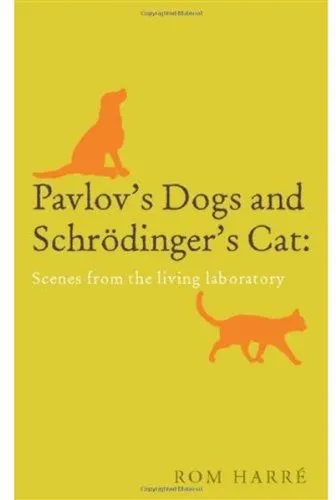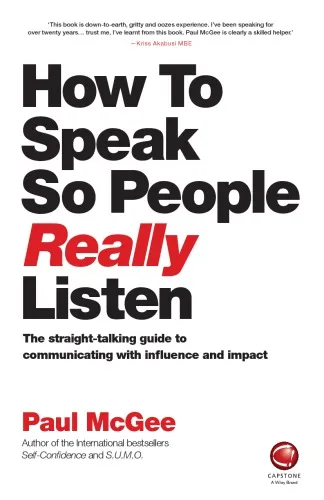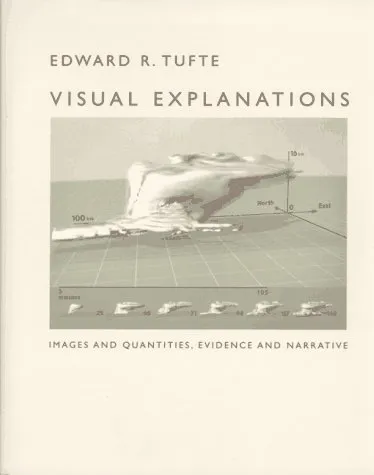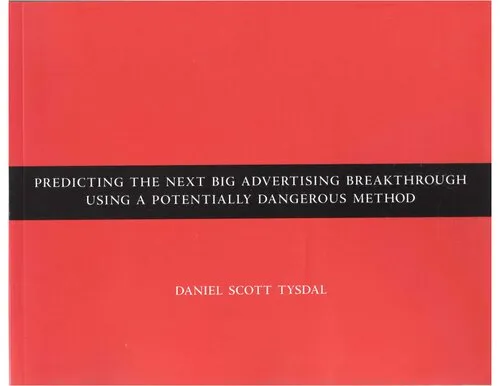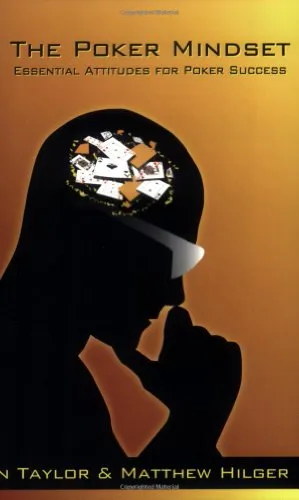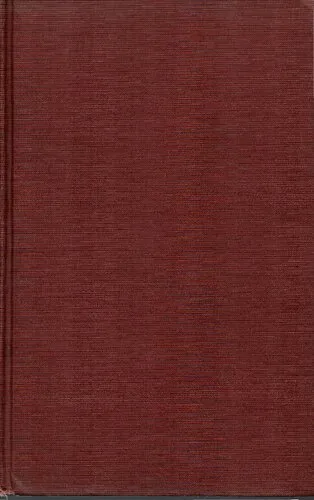The Art of Asking Questions: Studies in Public Opinion, 3
4.7
بر اساس نظر کاربران

شما میتونید سوالاتتون در باره کتاب رو از هوش مصنوعیش بعد از ورود بپرسید
هر دانلود یا پرسش از هوش مصنوعی 2 امتیاز لازم دارد، برای بدست آوردن امتیاز رایگان، به صفحه ی راهنمای امتیازات سر بزنید و یک سری کار ارزشمند انجام بدینکتاب های مرتبط:
معرفی کتاب "The Art of Asking Questions: Studies in Public Opinion, 3"
چگونه میتوانیم سوالهای واقعی و درست بپرسیم؟ این سوالی است که "Stanley Le Baron Payne" در کتاب خود، "The Art of Asking Questions: Studies in Public Opinion, 3"، آن را بررسی میکند. این کتاب به یکی از مهمترین جنبههای جمعآوری دادههای مربوط به افکار عمومی، یعنی هنر پرسیدن سوالات، میپردازد. نویسنده با ترکیب تئوریها و یافتههای تجربی، نشان میدهد که سوالات چطور میتوانند نتایج نظرسنجیها را شکل دهند یا حتی تحریف کنند.
خلاصهای از کتاب
این کتاب از چندین بخش تشکیل شده که هر کدام به جنبههای مختلف صنعت نظرسنجی و طراحی پرسشنامه میپردازند. Payne توضیح میدهد که چرا زبان، سبک و نحوه بیان سوالات نقش کلیدی در شکلگیری پاسخها ایفا میکنند. او همچنین اهمیت تفاوتهای فرهنگی و زبانی را در طراحی سوالات برجسته میکند.
در بخشهای اولیه، نویسنده تمرکز ویژهای به بررسی سوءتفاهمهای رایجی که در نظرسنجیها رخ میدهند، دارد. او توضیح میدهد که چگونه واژههای مبهم یا اصطلاحات تخصصی میتوانند پاسخدهندهها را سردرگم کنند و دادههای نادرستی ایجاد کنند. در ادامه، کتاب روشهایی برای بهبود ارتباطات میان شخصی و همچنین کاهش سوءتفاهمات ارائه میدهد.
بخش پایانی بر اساس مطالعات موردی است. در این بخشها مثالهایی از تحقیقات افکار عمومی که به دلیل طراحی ضعیف سوالها به نتایج نادرست منجر شدهاند، بررسی میشوند. این مطالعات موردی به خواننده کمک میکنند تا مشکلات متداول را شناسایی کرده و از آنها در طراحی نظرسنجیهای آینده جلوگیری کند.
نکات کلیدی کتاب
- تاثیر زبان و نحو در پرسشنامههای نظرسنجی
- چگونگی اجتناب از سوگیری و سوءتفاهم در طراحی سوالات
- ارتباط میان فرهنگ و پاسخدهی در نظرسنجیها
- مثالهایی واقعی از خطرات طراحی سوالات نادرست
- روشهای عملی برای بهبود فرایند طراحی پرسشنامه
نقلقولهای معروف از کتاب
“Questions are the instruments through which we collect the raw material of facts. The way we phrase them can determine whether we gather truth or fiction.”
“The art of asking lies not in the asking itself, but in understanding the underlying psychology of how questions are perceived.”
“A poorly designed question is a wasted opportunity in research.”
چرا این کتاب مهم است؟
این کتاب یکی از ستونهای اساسی مطالعات مربوط به افکار عمومی و نظرسنجیهاست. اهمیت آن به خاطر روشن کردن ارتباط بین طراحی سوالات و جمعآوری دادههای معتبر است. این کتاب به پژوهشگران، جامعهشناسان، روانشناسان و سیاستمداران کمک میکند تا از خطاهای رایج در نظرسنجی اجتناب کنند و به پاسخهایی واقعا معنادار و کاربردی برسند.
اگر شما نیز در زمینه تحقیقات و نظرسنجیها فعالیت دارید یا به طراحی پرسشنامه علاقهمند هستید، این کتاب به شما کمک خواهد کرد تا درک بهتری از ارتباط بین زبان، خلاقیت و جمعآوری داده پیدا کنید.
Introduction to "The Art of Asking Questions: Studies in Public Opinion, 3"
Effective communication is a cornerstone of understanding human behavior, public opinion, and societal dynamics. "The Art of Asking Questions: Studies in Public Opinion, 3," written by Stanley Le Baron Payne, delves into this very subject with unparalleled depth. This seminal work serves as both an intellectual exploration and a practical guide to the science and art of questioning within the realms of public opinion research.
In this book, the intricacies of crafting questions and the profound impact they wield on responses are meticulously unpacked. From survey methods to interview techniques, it addresses the psychological and sociological dimensions of questioning. By navigating through the elements that make an inquiry precise, unbiased, and reliable, Payne equips readers with a toolkit to enhance the accuracy of data collection and interpretation. The enduring relevance of this book lies in its precise treatment of a skill as timeless as communication itself: the ability to ask the right questions.
Detailed Summary of the Book
"The Art of Asking Questions" takes readers on a methodical journey through the nuances of crafting effective and unbiased questions in the context of public opinion research.
The book begins by addressing the fundamental question: why do questions matter at all? Payne makes the case that the way a question is framed often has an outsized influence on the answers it elicits. What follows is a rigorous investigation of question design, including the dangers of ambiguity, double-barreled wording, or leading phrasing, which can skew results and introduce bias into survey or interview responses.
A major portion of the book is devoted to discussing the psychological responses to questions and identifying the cognitive loads that various forms of phrasing impose on respondents. Payne emphasizes the importance of simplicity without sacrificing the intent of the inquiry. Special attention is given to the delicate balance between open-ended and closed-ended questions, analyzing how each serves different research objectives.
The latter chapters explore the broader implications of questioning, particularly in public opinion polling, political research, social science, and market analysis. Payne ties his arguments to real-world examples, illustrating the importance of ethical considerations and cultural sensitivity to ensure responses are reflective of genuine opinions rather than induced reactions.
Key Takeaways
- The structure and wording of a question significantly influence the responses obtained.
- Psychological and cultural factors must be accounted for when designing surveys or interviews.
- Ambiguities or biases in question phrasing can severely undermine the reliability of research data.
- Closed questions yield structured data, while open-ended questions offer richer qualitative insights.
- An effective questionnaire is based on a clear understanding of the demographic and cultural background of the respondents.
Famous Quotes from the Book
"A question is not merely a sentence ending with a question mark but a tool for uncovering truths, perspectives, and understandings."
"The clarity of a question ensures the clarity of an answer; a cloudy question ensures nothing but uncertainty."
"Survey research begins and ends with the integrity of the questions asked and the responses gathered."
Why This Book Matters
The perennial relevance of "The Art of Asking Questions" lies in its foundational exploration of communication, psychology, and sociology. At its heart, this book stresses that the act of questioning is not a mundane task but a powerful technique capable of revealing profound truths about human thought and opinion. Whether you're a researcher, journalist, marketer, or policymaker, this book enhances your ability to gather valid and actionable insights.
In our data-driven world, where public opinion plays a critical role in shaping decisions across industries, Payne’s timeless principles serve as a guidepost. His attention to the ethical implications of creating impartial and reliable surveys underscores the mission of fostering accuracy and trust in communication.
For anyone interested in improving their ability to extract meaningful information—whether in professional contexts or interpersonal relationships—this book offers a comprehensive foundation in the art of asking questions effectively.
دانلود رایگان مستقیم
شما میتونید سوالاتتون در باره کتاب رو از هوش مصنوعیش بعد از ورود بپرسید
دسترسی به کتابها از طریق پلتفرمهای قانونی و کتابخانههای عمومی نه تنها از حقوق نویسندگان و ناشران حمایت میکند، بلکه به پایداری فرهنگ کتابخوانی نیز کمک میرساند. پیش از دانلود، لحظهای به بررسی این گزینهها فکر کنید.
این کتاب رو در پلتفرم های دیگه ببینید
WorldCat به شما کمک میکنه تا کتاب ها رو در کتابخانه های سراسر دنیا پیدا کنید
امتیازها، نظرات تخصصی و صحبت ها درباره کتاب را در Goodreads ببینید
کتابهای کمیاب یا دست دوم را در AbeBooks پیدا کنید و بخرید
1412
بازدید4.7
امتیاز0
نظر98%
رضایتنظرات:
4.7
بر اساس 0 نظر کاربران
Questions & Answers
Ask questions about this book or help others by answering
No questions yet. Be the first to ask!
